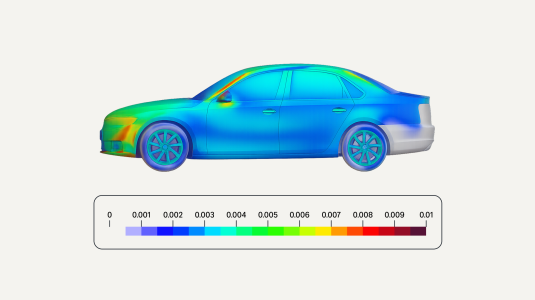Customer-obsessed science


Research areas
-
September 26, 2025To transform scientific domains, foundation models will require physical-constraint satisfaction, uncertainty quantification, and specialized forecasting techniques that overcome data scarcity while maintaining scientific rigor.
-
Featured news
-
IEEE Sensors2024Continuous back posture monitoring and correction can help to prevent back pains associated with improper back postures. However, existing solutions are expensive, use wearable sensors which usually require regular maintenance, or use cameras which have privacy issues. We introduce Di-Angle, a low-cost, battery-free, and reusable sensor capable of monitoring harmful back angles with high accuracy. Our novel
-
2024A complementary item is an item that pairs well with another item when consumed together. In the context of e-commerce, providing recommendations for complementary items is essential for both customers and stores. Current models for suggesting complementary items often rely heavily on user behavior data, such as co-purchase relationships. However, just because two items are frequently bought together does
-
2024Handling drafty partial code remains a notable challenge in real-time code suggestion applications. Previous work has demonstrated shortcomings of large language models of code (CodeLLMs) in completing partial code with potential bugs. In this study, we view partial code as implementation hints and fine-tune CodeLLMs to jointly rewrite and complete partial code into functional full programs. We explore
-
We investigate the use of in-context learning and prompt engineering to estimate the contributions of training data in the outputs of instruction-tuned large language models (LLMs). We propose two novel approaches: (1) a similarity-based approach that measures the difference between LLM out-puts with and without provided context, and (2) a mixture distribution model approach that frames the problem of identifying
-
2024Recent advancements in audio-visual generative modeling have been propelled by progress in deep learning and the availability of data-rich benchmarks. However, the growth is not attributed solely to models and benchmarks. Universally accepted evaluation metrics also play an important role in advancing the field. While there are many metrics available to evaluate audio and visual content separately, there
Collaborations
View allWhether you're a faculty member or student, there are number of ways you can engage with Amazon.
View all














































